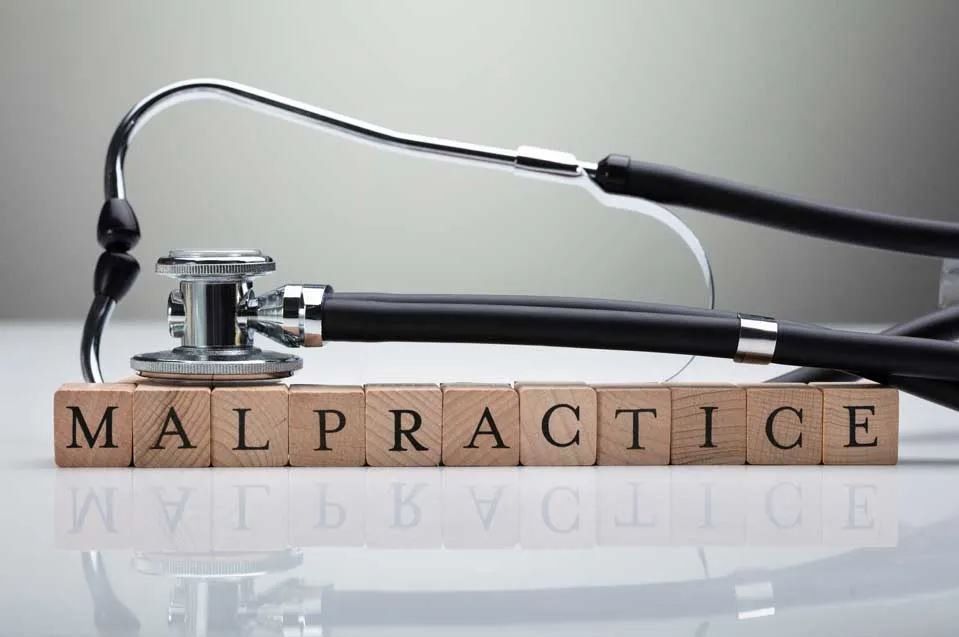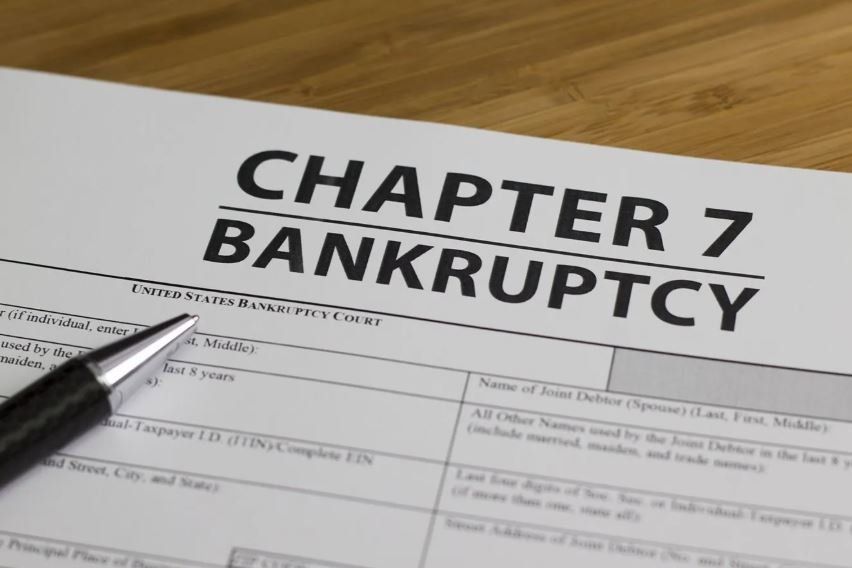Medication and Prescription Drug Malpractice: Frequently Asked Questions
Admin • August 29, 2017

It's estimated that nearly 1.5 million
Americans are injured by a doctor or other health care professional's failure to meet a minimum standard of care. Medical malpractice is a serious issue, and you might associate this problem with surgical errors or medical misdiagnosis. However, what you might not realize is that many cases of medical malpractice relate to medication errors.
If you or a family member has suffered an injury or loss of life because of a medication error, chances are you have several questions. Here are a few questions you might have about medication error malpractice.
What Is Considered a Medication Error?
Unfortunately, medication errors are a common type of malpractice, and there are many types of errors that can result in a serious illness and even death. Here are a few types of prescription medication errors:
- Not telling the patient about the potentially harmful side effects of a medication
- Prescribing a medication that knowingly caused a drug interaction or allergic reaction
- Placing the wrong label on the medication
- Providing the patient with the wrong medication
- Overprescribing or under prescribing the correct medication
- Not taking the patient's previous medical history into account while prescribing a medication
Another common type of medication error is when the doctor will prescribe the correct medication for an inadequate period of time or too long of a period of time.
Can I Sue the Medication's Manufacturer?
If the doctor prescribed the correct medication and the correct dosage, a patient can still become ill. This will occur if the medication's manufacturer made an error while manufacturing the medication, distributing the medication or failing to provide a clear warning of the risks associated with taking the medication.
In cases where the drug's manufacturer is at fault, the case is no longer considered medical malpractice and will instead be a product liability claim. If you're having trouble understanding how to proceed with a product liability claim, don't hesitate to contact an attorney for further assistance.
How Will My Attorney Prove Negligence?
For you to successfully win a medication error malpractice suit, your attorney must prove that a health care professional was negligent, and this negligence clearly caused damage to the patient. The individual who is at fault depends on the type of medication error that occurred.
For example, if you were in the emergency room and the doctor prescribed an injectable medication, and the nurse administered the wrong dosage or even injected the correct medication in the wrong spot, this could be considered a medication error. In this case, your doctor or nurse would be negligent, and a lawsuit would be filed against these medical professionals.
However, there are other instances when a medication error malpractice lawsuit will be filed against another medical professional, such as a pharmacist. It is reasonable to expect your pharmacist to know your medical history, including the medications you are currently taking and your risk of allergic reactions and drug interactions.
If you are prescribed a medication and there is an interaction with your current medications or you suffer an allergic reaction, your attorney will often file a lawsuit against the pharmacist.
Whether your attorney is filing a medication error lawsuit because of a drug interaction or because you were administered the wrong medication, they must prove that the medical professional was at fault for the damage.
If you decide to file a lawsuit against a medical professional, it is critical that you understand the basics of medical error malpractice. Don't attempt to go through this process alone. When you are ready to seek the compensation you deserve, don't hesitate to contact the professionals at William C. Poole, LLC.
Malpractice during pregnancy can be devastating. William C. Poole helps families seek justice and understand their legal options. Contact us today for compassionate guidance and dedicated support.
William C. Poole clarifies the legal eviction rules for landlords and tenants. We’re committed to helping you navigate your legal challenges—reach out today.
Worried about investments during bankruptcy? William C. Poole explains your options and helps you protect what matters most. Get clear answers and trusted legal guidance—call today.
Understand the impact of bankruptcy with guidance from William C. Poole. We help clients make informed financial and legal decisions for a stronger future. Call today to discuss your options.





